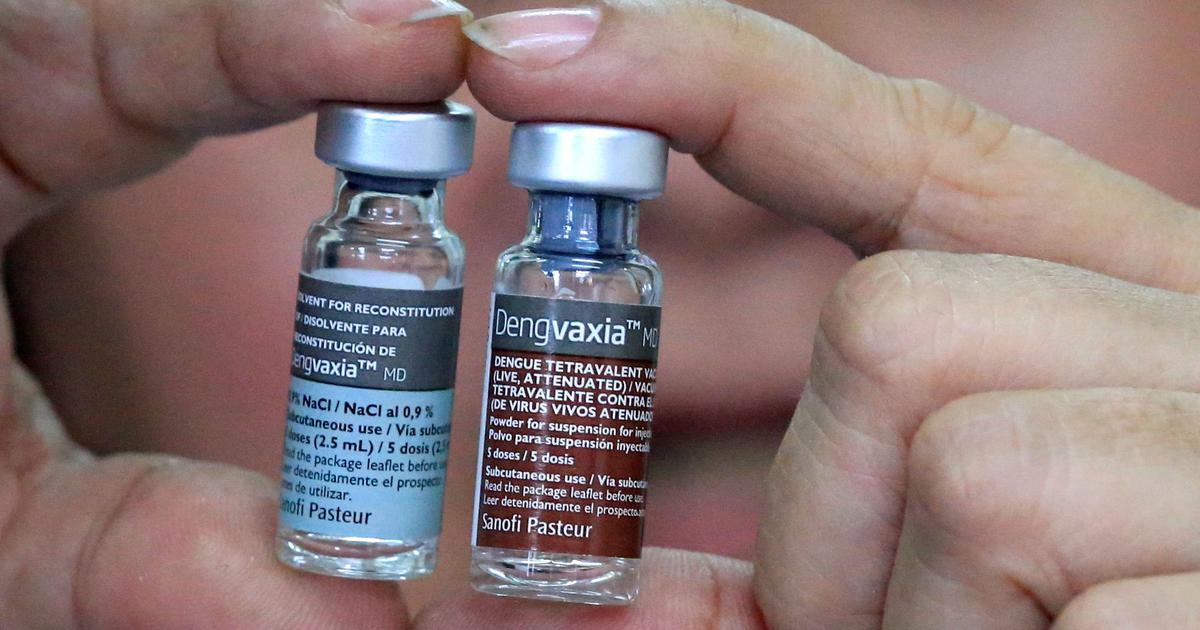
Undoubtedly, Dengue fever iis a prevalent illness in tropical nations like Malaysia.. Beside Malaysia as one of the countries in the Southeast Asian region that have dengue cases, other countries such as in Africa and part of America also have dengue cases. In Malaysia, dengue tends to peak around May to September during the dry southwest and November to March of rainy northeast monsoon seasons. Evidence shows that there is an increase of more than 200% dengue cases in the first two months of 2023 alone with at least 15 dengue-related deaths. The peak of a significant dengue fever outbreak is expected to occur in 2023.
Dengue fever as we may already know is caused by the dengue virus transmitted by mosquitoes. The primary mosquito responsible for carrying the virus is mostly female mosquitoes from species Aedes aegypti. Uninfected mosquito can be infected with the virus when it bites a person who already has the dengue virus in the body. The virus then infected the mosquitoes and when these infected mosquitoes bite other humans, the virus is then released. Once a mosquito is infected with the virus, it is able to carry the virus and transmit to other people for the rest of its life. This ongoing cycle makes dengue the fastest spreading viral diseases caused by mosquito-borne diseases.
Surprisingly, 80% of people with dengue infection have mild infection or no symptoms at all (asymptomatic). Since symptoms may or may not be exhibited by a person, knowing any of the symptoms can actually raise suspicion for dengue fever and enable a person suspected with the dengue to be checked by a doctor immediately. Before knowing the symptoms, you may wonder how long it takes for a person to display symptoms of dengue. Well, it will take around 4 to 10 days after being bitten by an infected mosquito. Dengue symptoms may resemble symptoms of flu.
Common symptoms include fever that lasts for 2 to 7 days, muscle pain (myalgia), joint pain (arthralgia), vomiting, nausea, skin rash and headaches associated with pain behind the eyes (retro-orbital headaches). It is important to take note that these symptoms may seem to disappear during the critical phase which is on the 3rd to 7th days of the disease. Critical phase lasts for 24 to 48 hours. The importance of knowing the critical phase is to ensure that the patient is treated well and not left untreated as to leave the patient untreated may actually result in severe dengue and even death. Critical phase often starts as the body temperature drops and symptoms go away but honestly this is actually the start of a catastrophe. Hence, when a person has any symptoms of dengue fever, he or she should get checked by a doctor immediately so that dengue infection can be detected early and treatment can be provided by a healthcare professional.
There is no cure for dengue. This is why it is necessary for those with dengue symptoms to get checked by a healthcare professional. Treatment available aims to support patients’ wellbeing and to alleviate the symptoms. Fluid replacement therapy and prescriptions of paracetamol are common to treat dengue. Paracetamol in hospitals may be given through injection or intravenous instead of tablet or liquid to help patients take the medicine easily. In most cases of mild dengue, patients are allowed to stay at home and make sure to drink plenty of fluid until they feel better. However, signs of dehydration such as unable to drink as usual or possible severe dengue such as nosebleed or bleeding gums, sudden severe abdominal pain, breathing difficulty, vomiting more than 3 times in 24 hours, vomiting blood, presence of blood in stool and fatigue, this should be signs that the person need to get to emergency medical care.
One of the common questions for many infectious diseases including dengue as it’s a mosquito-borne viral disease, is there a vaccine for dengue? In the United States, there is a vaccine against dengue that has been recommended by the Centre for Disease Control and Prevention (CDC). This vaccine known as CYD-TDV is recommended for children aged 9 to 16 years old but only there is a history of previous dengue infection and living in areas common with dengue. In Malaysia, CYD-TDV is not available. Another vaccine known as TAK-003 is also not available. However, TAK-003 is said to show promising results and may be made ready for the public once it is able to pass trials and tests set by the health authority.
It can be concluded that dengue fever in general may seem harmless but it is best for those who have symptoms to get checked by doctors. There is no cure for dengue. Dengue vaccination has been recommended in certain countries but in Malaysia, vaccines are still under research before it can be made available for the public.





